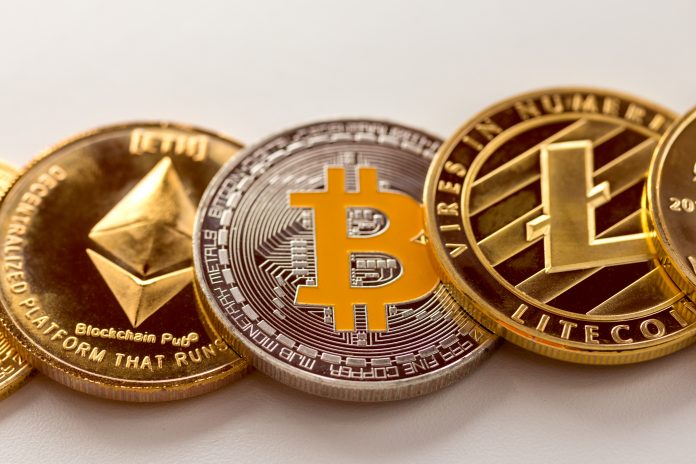Cryptocurrencies have been in vogue for several years, and everyone who works in the finance industry has a story or two about what the effects of crypto have looked like to them
In some ways, crypto has already swept through the whole life cycle of an asset class in just a few years: it’s had the hype, the bubble and the crash, and now it’s looking to begin the cycle all over again.
It has also led to some positive outcomes, though, such as increased caution around investments more generally – as well as a more democratized investment market overall. This article will explore these developments, and explain why crypto may well still be one of the best markets to enter if you’re looking to build your portfolio.
More online hype
To start with the negatives, it’s unfortunately the case that the rise in cryptocurrencies has coincided – and possibly had a causal relationship with – the rise in online hype. The era of “fake news” doesn’t just touch politics: post-fact has crept into the financial markets, too, and crypto fraud has happened left, right and centre.
In one such case, famous figures DJ Khaled and Floyd Mayweather were caught promoting a cryptocurrency initial coin offering (or ICO) on social media, which was later demonstrated to be fake. Hype is unfortunately a central part of crypto culture and puts the integrity of the wider markets at risk.
Increased caution
But not all of the effects of cryptocurrencies have been bad. Crypto is a highly volatile asset, which means that it can deliver immense returns if you strike at the right time – but it can also deliver big losses if it goes wrong. As a result, big price wipeouts have been seen over the years. Any introductory useful crypto trading articles worth their salt will point out that the most famous one was the Bitcoin crash of 2018.
In this crash, the price of one Bitcoin headed towards the $4,000 mark – and given that it was valued at much more than that just a year before, this constituted a significant value wipeout of more than 70%.
For the wider financial markets, this has had several consequences. The first is that money which formerly was invested in crypto is now being invested somewhere else: some of it is languishing in the bank accounts of investors who are worried about volatility and are waiting to strike, while some of it may have been switched back to other, more traditional investment destinations.
It also means that a culture of caution and risk aversion has to some degree swept back in, across the board. Investors have been reminded that an investment opportunity that may on the face of it seem positive could, in fact, turn out to be not so lucrative.
Democratisation of investing
The most obvious barrier to a democratic investment scene, of course, is that it costs money to make an investment of any significance. If an asset has no value then nobody invests cash in it, but if it has value then the price rises and rises – meaning that a catch-22 situation occurs, whereby having cash is the only way to make more cash.
But the sheer proliferation of cryptocurrencies now available means that there’s more chance of a trader being able to enter the market. The speed with which such currencies can amass value means that anyone with a small investment, who chooses the right crypto coin, can see immense profits in a short space of time.
It’s also the case that the popularity of crypto, and the online focus that it has, has meant that providers must now be more active in offering better access to products.
This has contributed to the rise in contracts for difference, or CFDs: these derivative products, which track everything from crypto coins themselves to stocks and shares, remove the administrative hurdles associated with typical investments. They ensure that more than just the lucky few who own an actual asset can also benefit from the movements of that asset’s market.
Cryptocurrencies are perhaps the most innovative financial development to have hit the investment scene in recent decades. They offer all kinds of benefits to both the casual and the professional investor and have led to everything from the democratisation of investing to more caution around pressing ahead.
While they’re also responsible in part for fuelling online hype and potentially inaccurate information about financial products, it’s still the case that crypto is a good choice for the right investor.
Sam Roberts











